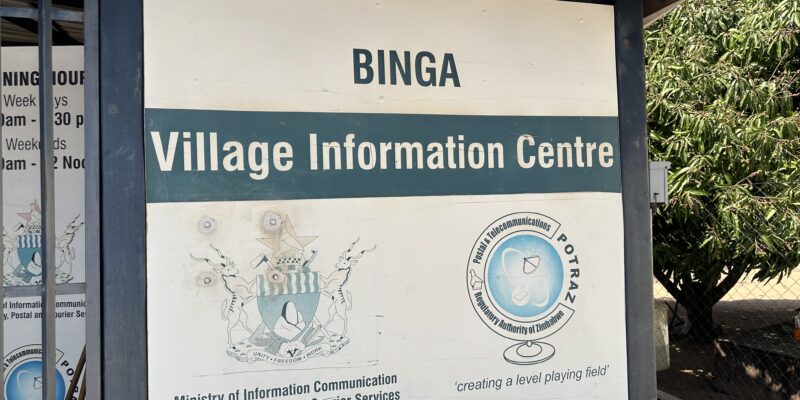Community Information Centres (CICs) are no longer just internet access points — they are transforming into full-fledged data centres driving education, business, and social empowerment across Zimbabwe. Spearheaded by the Postal and Telecommunications Regulatory Authority of Zimbabwe (POTRAZ), these centres are fast becoming engines of digital inclusion and local innovation.
Following the conclusion of a nationwide media tour, POTRAZ Director General Dr. Gift Machengete underscored this transformation.
“These centres are no longer just internet cafés. They now provide ICT services, cash facilities, and postal solutions. Our vision is to ensure that every CIC becomes a fully-fledged data centre that supports the digital and socio-economic needs of our people,” he said.
Across the country, the impact is tangible. School children are embracing new digital opportunities, conducting research and completing e-learning assignments with ease.
“We can now do our homework and projects online without struggling,” said one pupil from Zaka Jerera.
In Binga, a teenager, Motivator Ngwenya, expressed appreciation for the initiative, noting how it has opened doors to technology and learning.
“I am grateful for this centre as I am now able to learn computer skills and have access to computers,” he said.
For women in rural and peri-urban areas, the centres have become invaluable. They now have access to printing, photocopying, and other ICT services that support small businesses, educational needs, and household management. Free basic computer lessons are also helping community members gain essential digital skills — ensuring that no one is left behind as Zimbabwe transitions into a knowledge-driven economy.
Entrepreneurs, too, are tapping into the potential of these data centres — using connectivity to market products, access online financial platforms, and connect with customers beyond their local areas.
By repositioning CICs as community data centres, POTRAZ is turning connectivity into real economic opportunity. The facilities are transforming rural spaces into vibrant hubs of learning, enterprise, and empowerment — proving that technology, when localized, can uplift entire communities and drive inclusive national development.














Comments